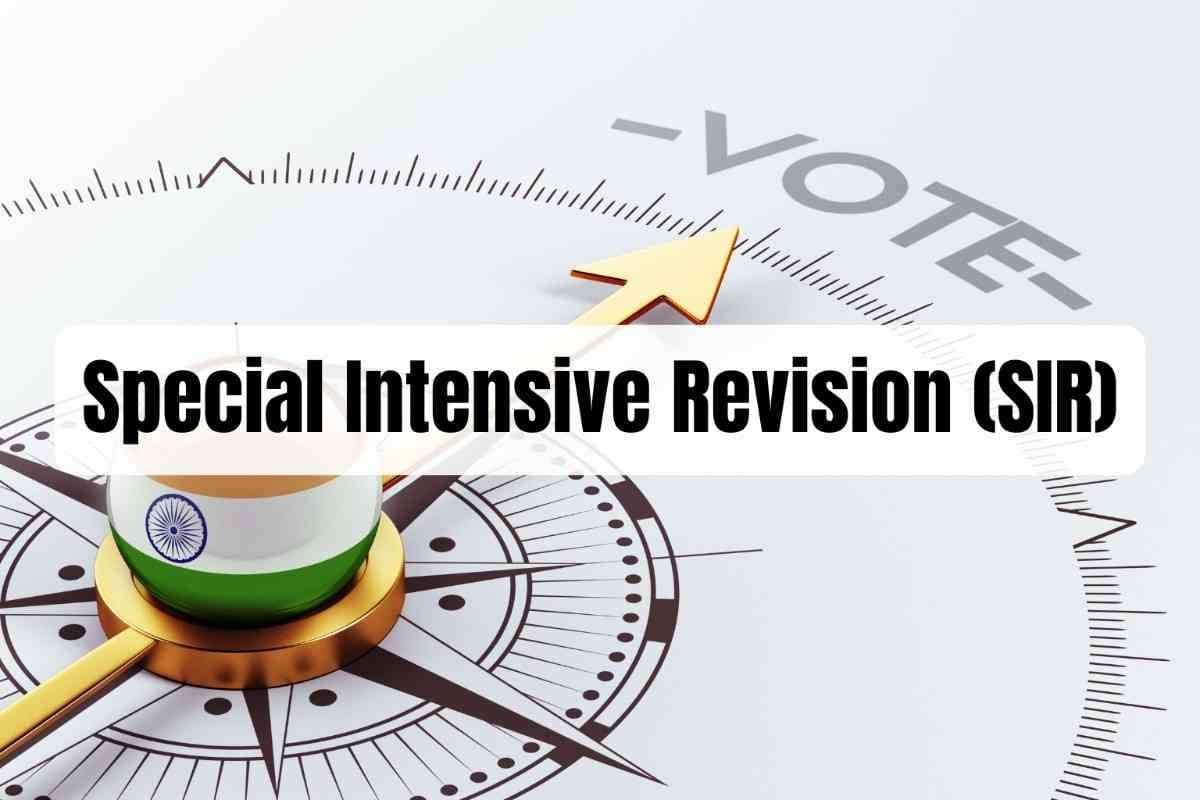Current Affairs 2024 - Navigating India's Technological Regulatory Landscape
Feb, 2025
•2 min read
Introduction
The recent penalty by the Competition Commission of India (CCI) on Meta underscores the increasing importance of regulating Big Tech, particularly at the intersection of privacy and competition law. India’s technological regulatory framework, while evolving, faces significant gaps, including fragmented oversight, data privacy vulnerabilities, and inadequate measures to address platform monopolies.
Current State of Technology Regulation in India
Competition Law Framework
- Competition Act, 2002: Empowers CCI to regulate anti-competitive practices in digital markets.
- 2023 Amendments: Introduced deal value thresholds for high-value acquisitions.
- Key Enforcements: Actions against Google and Meta for abuse of dominance.
Digital Infrastructure Regulations
- IT Act, 2000: Governs cybersecurity, digital transactions, and cybercrime.
- IT Rules, 2021: Mandates grievance redressal, content moderation, and user verification.
Data Protection Framework
- Operates under Section 43A of the IT Act and the Digital Personal Data Protection Act, 2023.
Sector-Specific Regulations
- Banking & Finance: RBI’s data localization norms and fintech guidelines.
- Telecom & OTT: TRAI regulations for digital infrastructure and internet services.
- E-commerce: Consumer Protection Act, 2019, and E-commerce Rules, 2020.
Proposed Legislation
- Digital India Act: To replace the IT Act, 2000.
- National Data Governance Framework: Focuses on data sovereignty and governance.
Key Challenges in India's Technology Landscape
1. Digital Divide
- Urban-rural disparity in digital infrastructure and literacy, with rural teledensity at 59.05% (TRAI, Oct 2024).
2. Fragmented Regulations
- Multiple agencies create overlapping jurisdictions, increasing compliance costs and operational inefficiencies.
3. Data Privacy and Security
- Lack of effective enforcement of the Digital Personal Data Protection Act, 2023, leaving users vulnerable to breaches.
4. Platform Monopolies
- Dominance of Big Tech limits competition, stifles innovation, and leads to data ecosystem lock-ins.
5. AI Governance
- Absence of ethical frameworks for AI development results in risks of bias and misuse (e.g., deepfake-related financial frauds).
6. Digital Skills Mismatch
- Only 51.25% of graduates are employable due to outdated curricula (Economic Survey 2023-24).
7. Cross-Border Data Flow Restrictions
- Localization norms hinder global operations and increase costs for digital services.
8. Content Regulation and Freedom
- Ambiguity in takedown rules threatens free expression, with 63,852 user data requests to Meta by the Indian government in 2022.
Lessons from Global Best Practices

- EU: GDPR sets a global benchmark for data protection.
- Australia: News Media Bargaining Code enforces fair compensation for news platforms.
- South Korea: App store regulations mandate alternative payment systems.
- Estonia: Comprehensive e-governance ensures nearly all public services are online.
- Japan: Transparency Act promotes fair practices in digital platforms.
Steps to Enhance India's Tech Regulatory Framework
1. Unified Digital Regulatory Authority
- Integrate CCI, TRAI, and CERT-In under one autonomous body for streamlined regulation.
2. Tiered Compliance Framework
- Size-based regulatory approach with lighter requirements for start-ups and stricter norms for Big Tech.
3. Mandatory Interoperability Standards
- Enforce cross-platform data portability and APIs to reduce monopolistic practices.
4. Regional Digital Innovation Zones
- Establish zones in tier-2/3 cities with tax incentives and regulatory sandboxes to boost equitable growth.
5. Digital Skills Development
- Launch standardized digital skills programs integrating industry needs with vocational training.
6. Data Protection Implementation
- Create a task force for enforcement, regular audits, and training of Data Protection Officers.
7. AI Governance Framework
- Mandate impact assessments, bias audits, and liability provisions for AI applications.
8. Cross-Border Data Protocols
- Align data localization norms with global standards through bilateral agreements.
9. Platform Competition Enhancement
- Encourage alternatives to app stores and payment systems, following UPI’s interoperable model.
Conclusion
India’s technological regulatory framework is at a critical juncture, balancing innovation with consumer protection. By addressing challenges like fragmented oversight, platform monopolies, and data privacy, and learning from global practices, India can build a cohesive ecosystem that fosters innovation, ensures fairness, and protects citizens' rights. A unified, forward-looking regulatory approach will enable India to harness its digital potential while safeguarding its national interests.
Weekly News Analysis by SuperKalam
Related Blogs
![Vijay Diwas 2025: Why 16 December is Celebrated [UPSC Current Affairs]](/_next/image?url=https%3A%2F%2Fblog-media.superkalam.com%2FVijay_Diwas_2631842d69.jpeg&w=3840&q=75)
Vijay Diwas 2025: Why 16 December is Celebrated [UPSC Current Affairs]
Dec, 2025
•6 min read

Special Intensive Revision (SIR) of Electoral Rolls: Definition, Objectives, Significance, & Challenges
Dec, 2025
•4 min read

UNICEF Day 2025: 79 Years of Global Commitment to Child Rights & Protection
Dec, 2025
•4 min read